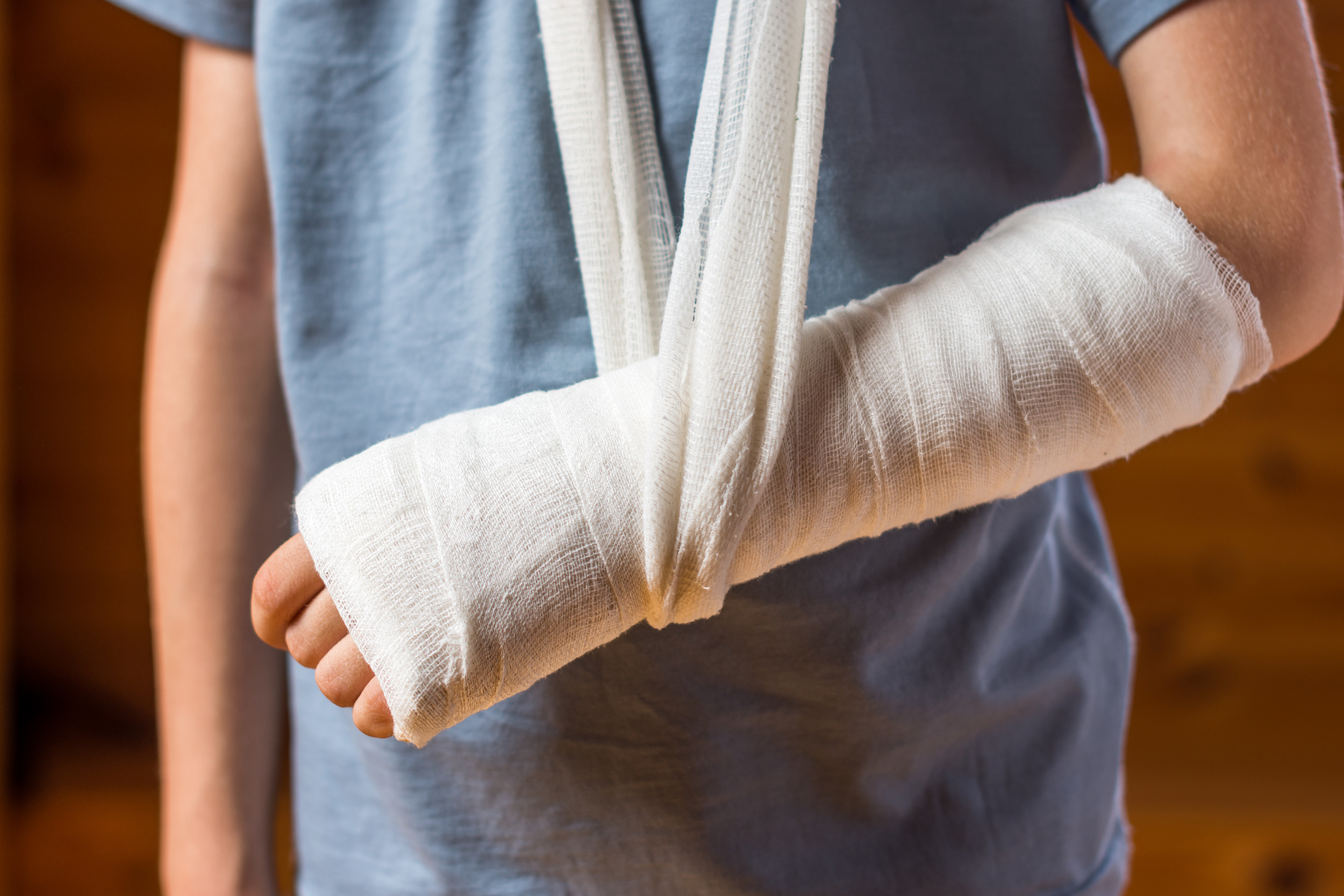Low levels of vitamin D have been linked to a slower healing process in children with broken bones, according to research to be presented at a conference this weekend.
“Children need to be given well-balanced diets that include Vitamin D for overall health and to make sure when accidents do happen, they can heal appropriately,” said the study’s senior author, Dr. Jessica McQuerry of the University of Florida, in a statement.
McQuerry and her colleagues examined data about 166 patients, from babies to 17-year-olds, who had broken a bone between 2015 and 2022. They found that in 61.4 percent of cases, the children had low levels of vitamin D—and these children were likely to take significantly longer to heal.
For example, children with leg fractures that did not require surgery and who had low vitamin D levels took an average 20 extra days to heal clinically, and two months longer to show signs the fracture was disappearing in X-rays, compared with children with sufficient vitamin D.
For cases where surgery was needed, healing was found to take an extra month, on average, to heal clinically and nearly four months for fractures to fade on X-rays, the study found.
Jurgute/Getty Images
Professor Scarlett McNally told Newsweek why vitamin D is important for healing. She is a consultant orthopedic surgeon in East Sussex, England, and the deputy director of London’s Center for Perioperative Care.
“Vitamin D helps multiple body functions, including repair of bones and tissues,” McNally said. “Vitamin D is a vitamin that helps the body manage calcium. Calcium keeps your bones strong and is needed for muscles to contract.
“Vitamin D also has a role in immune function, helping your body deal with infection and cancer. It also has a role in cell division—essential for tissue repair. Vitamin D has effects on many different organs and tissues all over the body,” she said.
The study authors said that previous studies had focused on how vitamin D can help prevent fractures, but this new research is making up for the fact that vitamin D for children’s fractures had been largely unexplored up to this point.
They recommended testing your child for vitamin D levels if a broken bone is taking a long time to heal.
Vitamin D is a nutrient found in a variety of foods. Dairy products, such as milk, cheese and yogurt, are particularly high in the nutrient, but it is also found in fish, fortified breakfast cereals, eggs and some vegetables such as mushrooms.
Sunlight exposure can help the body absorb vitamin D. “Getting outside and enjoying the fresh air can do wonders for your health while also upping vitamin D absorption,” McQuerry said. “What a great excuse to get outside and explore nature!”

bit245/Getty Images
But McNally said problems can start before the healing process. For someone with a vitamin D deficiency, “the bone is weak and more likely to fracture” in the first place.
And if the child requires surgery, “there is a higher chance of something going wrong—an infection around wires or the bone still being weak and displacing with another minor fall, for example,” McNally said.
The scientists involved in this research found that vitamin D supplementation might help. Children who did not take vitamin D supplements took an average of 30 days more to heal than children who did not.
But McNally told Newsweek that addressing a vitamin D deficiency with supplements after a fracture is not as effective as having enough vitamin D in the first place, especially if the bone needs surgery.
“You can’t just take supplements after an operation,” she said. “The body takes a while to process everything…so we need to get people in the habit of preparing for surgery.
“The foot surgeons are particularly keen on vitamin D—foot surgery requires strong bone quickly, and failure of the operation can be catastrophic for someone. Complications can be reduced about 30 percent with good nutrition,” she said.
The new research will be presented at the American Academy of Pediatrics’ 2024 National Conference and Exhibition, which starts Friday at the Orange County Convention Center in Orlando, Florida.
Do you have a tip on a food story that Newsweek should be covering? Is there a nutrition concern that’s worrying you? Let us know via science@newsweek.com. We can ask experts for advice and your story could be featured in Newsweek.
